Spice Industry Pest Control: Ensuring Safety and Quality
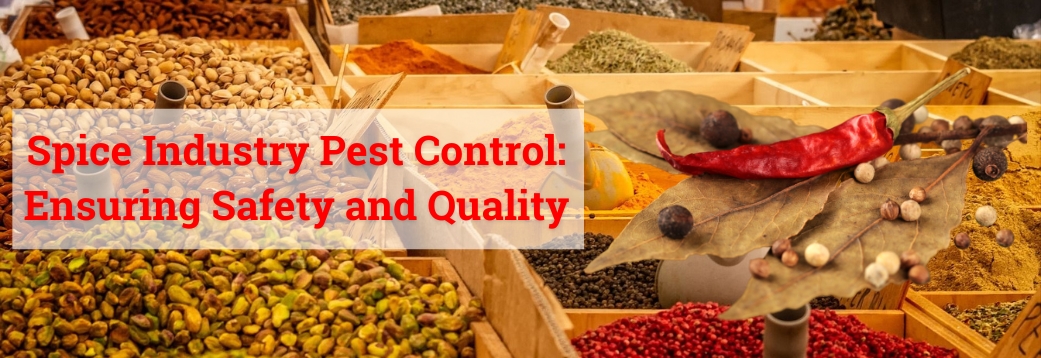
India is famous for its spices, but pests can ruin them. At Seva Facility Services Pvt. Ltd., we know how crucial it is to keep spices safe. Let's talk about why Pest Control in Pune is vital in the spice industry.
Understanding the Importance of Pest Control
India holds the title of the largest producer, consumer, and exporter of spices globally. With over 100 plant species yielding spices, approximately half of them thrive within our borders. However, pests like insects, rodents, and molds are attracted to spices too. They can contaminate them, making them unsafe to eat. Effective pest control helps keep spices clean and safe for everyone.
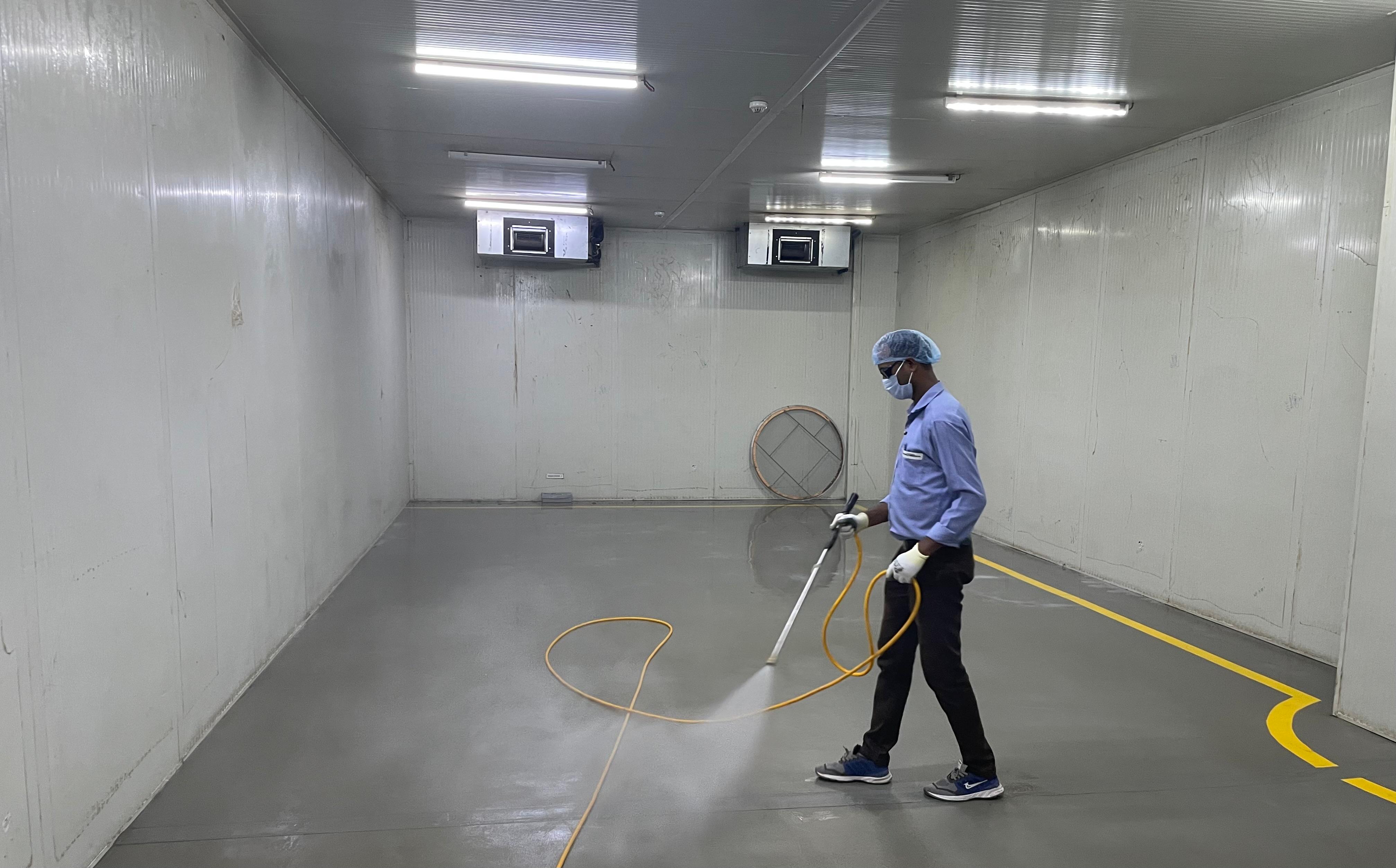
Common Pests Affecting Spice Facilities:
Insects such as beetles, weevils, moths, and mites, rodents like rats and mice, and molds and fungi are among the primary pests targeting spice facilities. These pests contaminate spices, damage stored products, and pose health risks to consumers.
Effects of Pest Infestations on Spice Facilities
- Quality Issues: Pests can change the taste, smell, and color of spices, making them less appealing to consumers.
- Financial Losses: Dealing with pests costs money. Facilities might lose products, pay for clean-up, or even get fined for not following safety rules.
- Regulatory Problems: Not following food safety rules because of pests can lead to trouble with the law and damage the facility's reputation.
- Trust Issues: Consumers don't want to buy spices that might be contaminated. If there's a pest problem, people might stop trusting the brand.
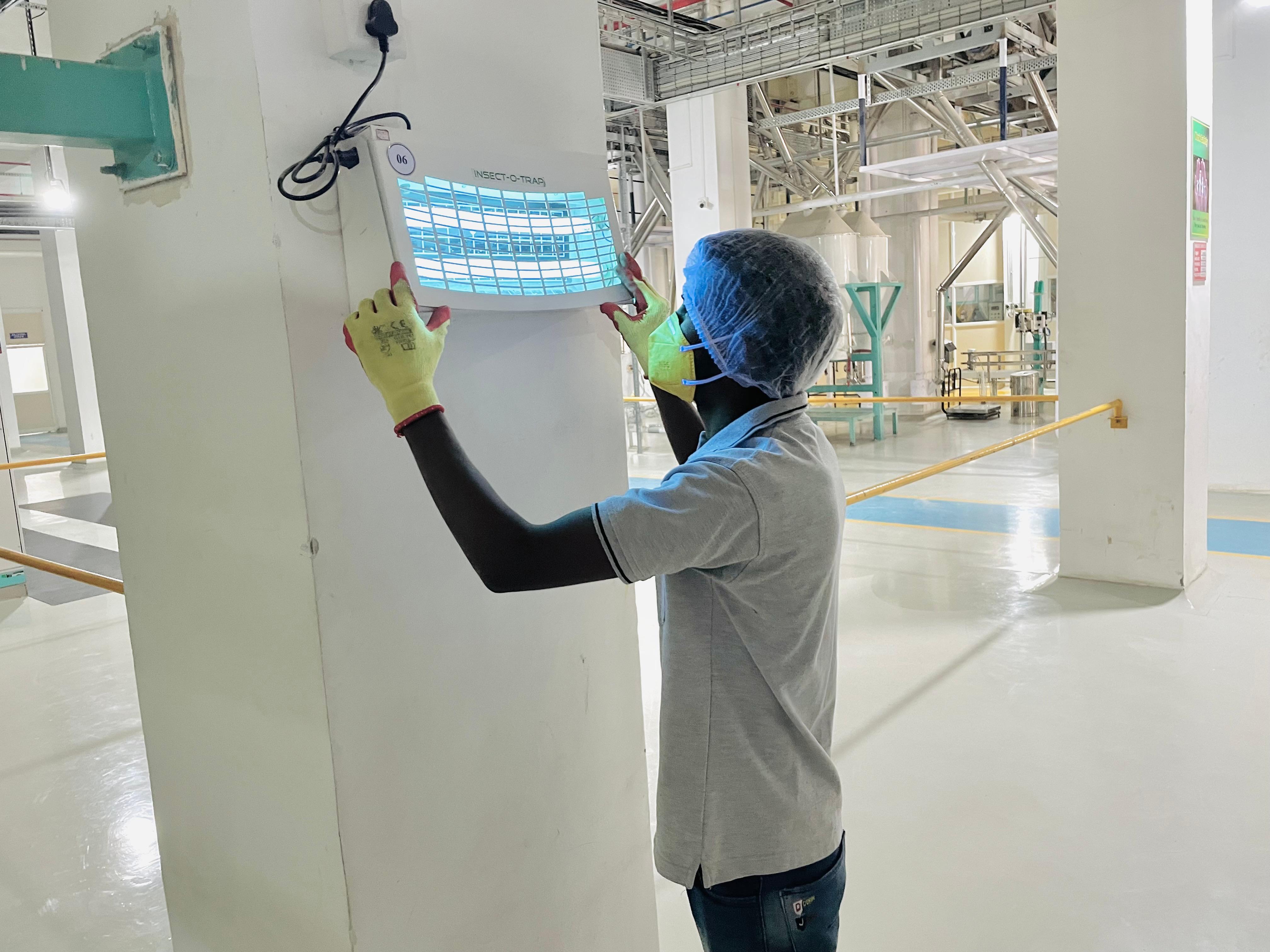
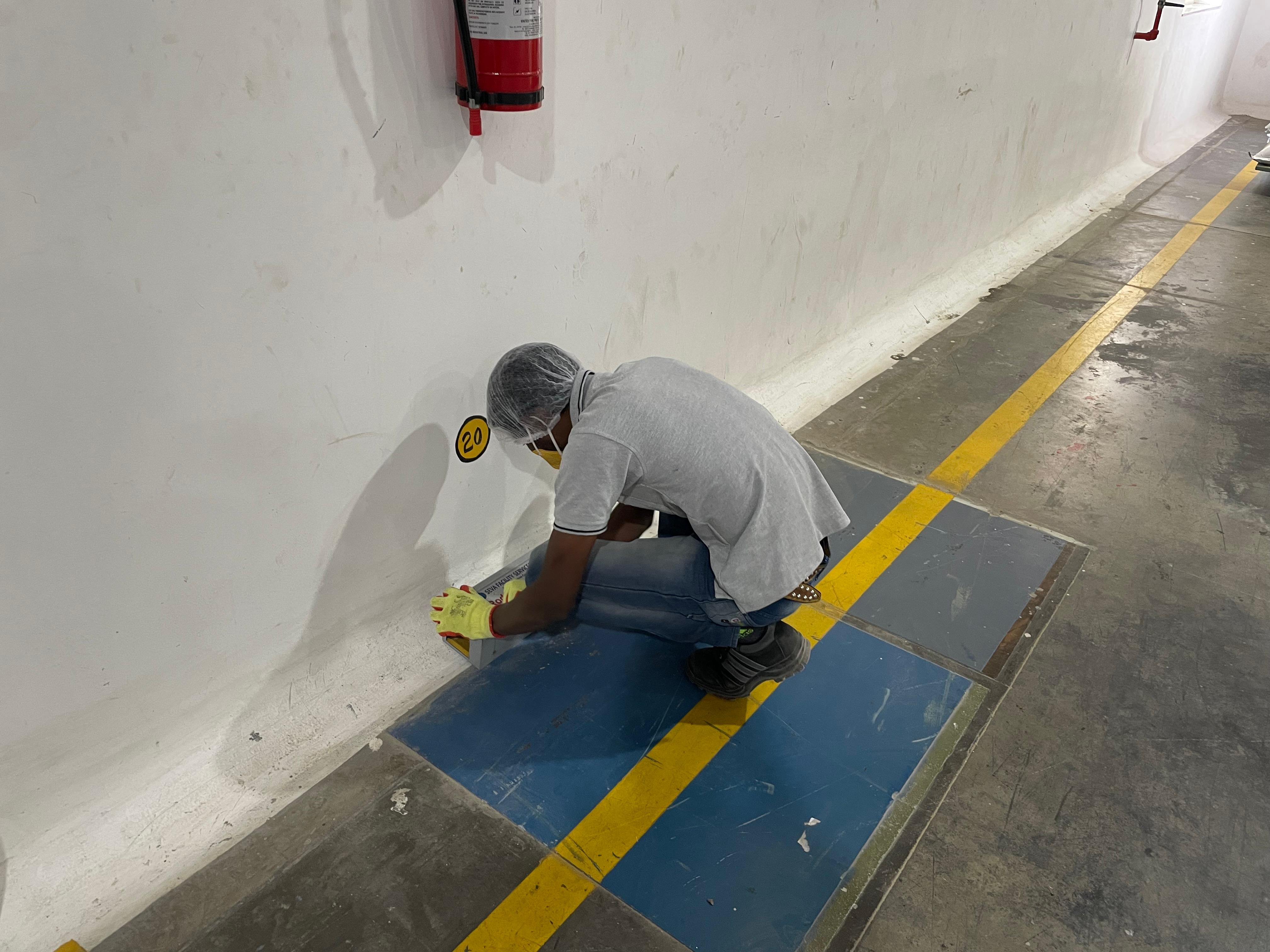
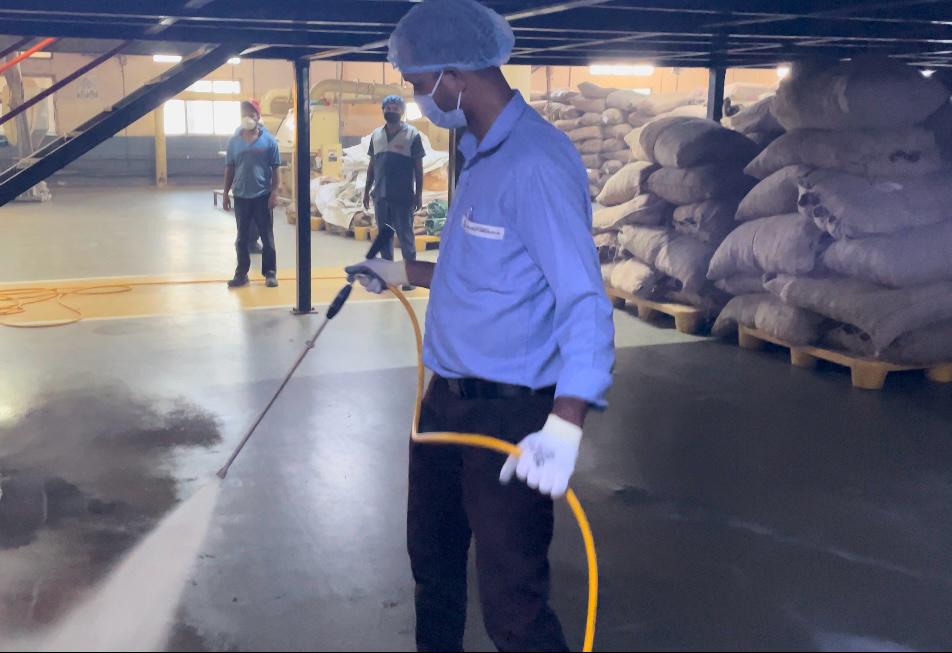
Common Pest Control Methods in the Spice Industry
- Integrated Pest Management (IPM):
- IPM combines multiple pest control methods in a holistic approach tailored to the specific needs of each spice facility.
- By integrating techniques such as monitoring, sanitation, and targeted pesticide applications, IPM aims to minimize pest populations while reducing reliance on chemical treatments.
- Biological Control:
- Biological control involves the use of natural predators, parasites, or pathogens and bio pesticides to control pest populations.
- For example, Guppy Fish & biopesticides like diflubenzuron can be used to control larvae of mosquito and magot of flies at breeding places in spices industries.
- Chemical Control:
- Chemical control methods involve the use of pesticides to eliminate or deter pests.
- In the spice industry, approved pesticides to be used from external perimeter of food industries are applied according to strict regulations to ensure safety for products contamination.
- Physical Control:
- Physical control methods aim to prevent pests from accessing spice facilities or infesting stored products.
- Examples include installing barriers such as screens on windows and doors, using traps to capture pests, and employing heat treatments to kill insects. Use of insect light traps etc.
- Cultural Control:
- Cultural control methods focus on modifying practices within spice facilities to discourage pest activity.
- Practices may include proper sanitation, regular cleaning, and implementing storage protocols that minimize pest access to food sources. Close all the entry points of building to stop entering the pests in facility.
Conclusion:
Effective pest control is essential for maintaining the quality and safety of spices in the spice industry.
By employing a combination of biological, chemical, physical, cultural, and integrated pest management methods,
spice facilities can effectively manage pest populations and protect their valuable products.
At Seva Facility Services Pvt. Ltd., we specialize in providing tailored pest control solutions to meet the unique needs of the spice industry.
Pest Controls Near Me in Pune can help you take the next step toward a pest-free operation.
Contact us today to learn more about our comprehensive pest management services.

